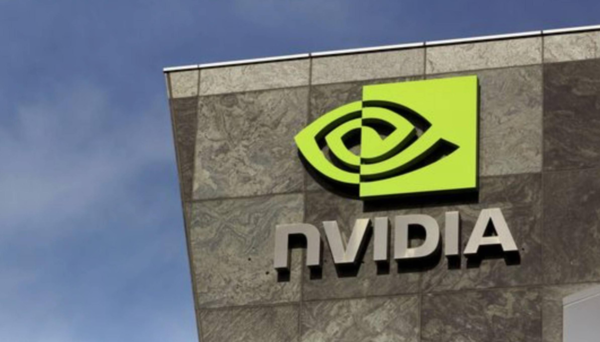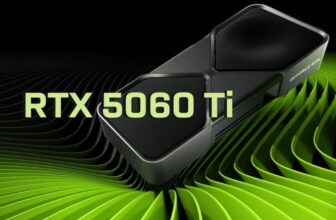
Nvidia has officially stated that the upcoming RTX 50 series graphics cards will not experience the overheating and melting issues that plagued the 12VHPWR power connector in the RTX 40 series. During the recent RTX AI Day event, company representatives reassured users: “We have made significant improvements to ensure that the same problem does not happen again in the RTX 50 series.”
Nvidia: RTX 50 series will not experience overheating and melting of power connectors
Addressing the 12VHPWR Connector Issue
The infamous 12VHPWR power connector, introduced with the RTX 4090 and RTX 4080, supports power transmission up to 600W. However, it faced widespread concerns due to overheating and even melting in some cases. Investigations revealed that improper installation was the main culprit, prompting Nvidia and its partners to release a correct installation guide. Despite this, many users remained skeptical about the reliability of the connector.
To solve this issue, Nvidia has introduced a new 12V-2×6 connector that maintains the original design while enhancing safety. The key improvements include:
- Shorter sensing pins for better contact
- Extended conductive terminals for stable power delivery
- Backward compatibility with existing 12VHPWR connectors
These refinements aim to provide a more reliable and efficient connection, reducing the risk of overheating and ensuring user confidence in the new RTX 50 series GPUs.
Enhanced Power Safety in the RTX 50 Series
For the next-generation flagship, the RTX 5090, which has an increased power consumption of 590W, Nvidia has taken further precautions. To maximize safety and efficiency, Nvidia recommends using a power supply compliant with the ATX 3.1 standard, ensuring optimal compatibility with the improved connector.
With these advancements, Nvidia aims to put an end to power connector issues and offer users a seamless experience with the RTX 50 series. These improvements mark a crucial step in ensuring better performance and reliability for high-end gaming and professional applications.






